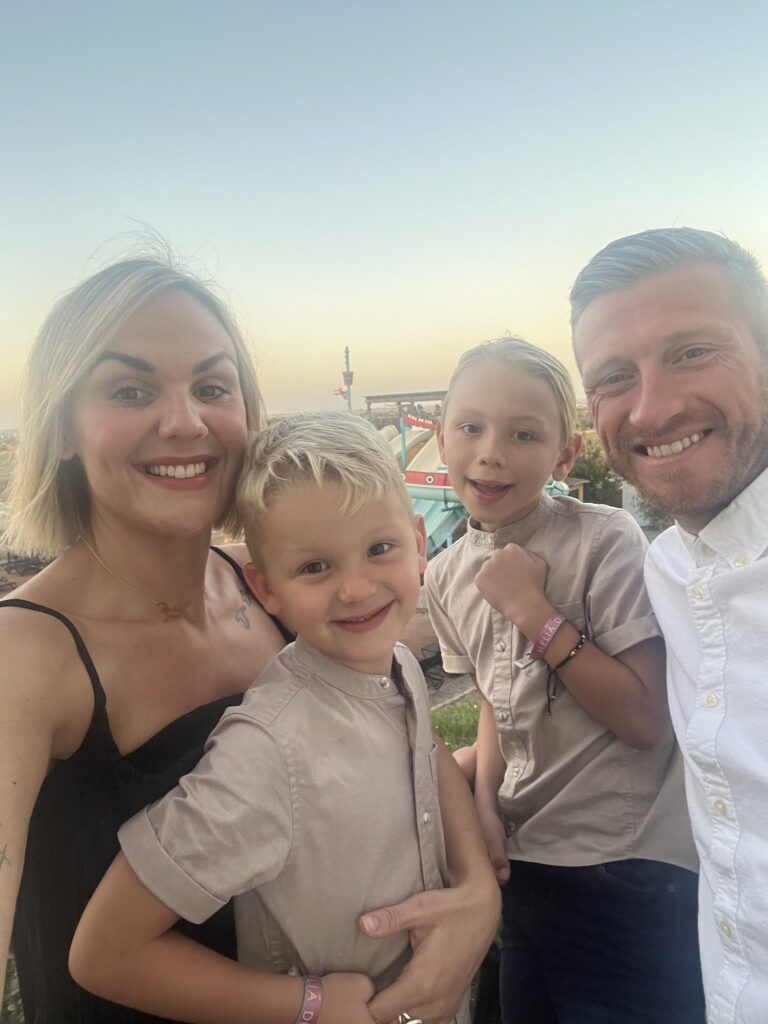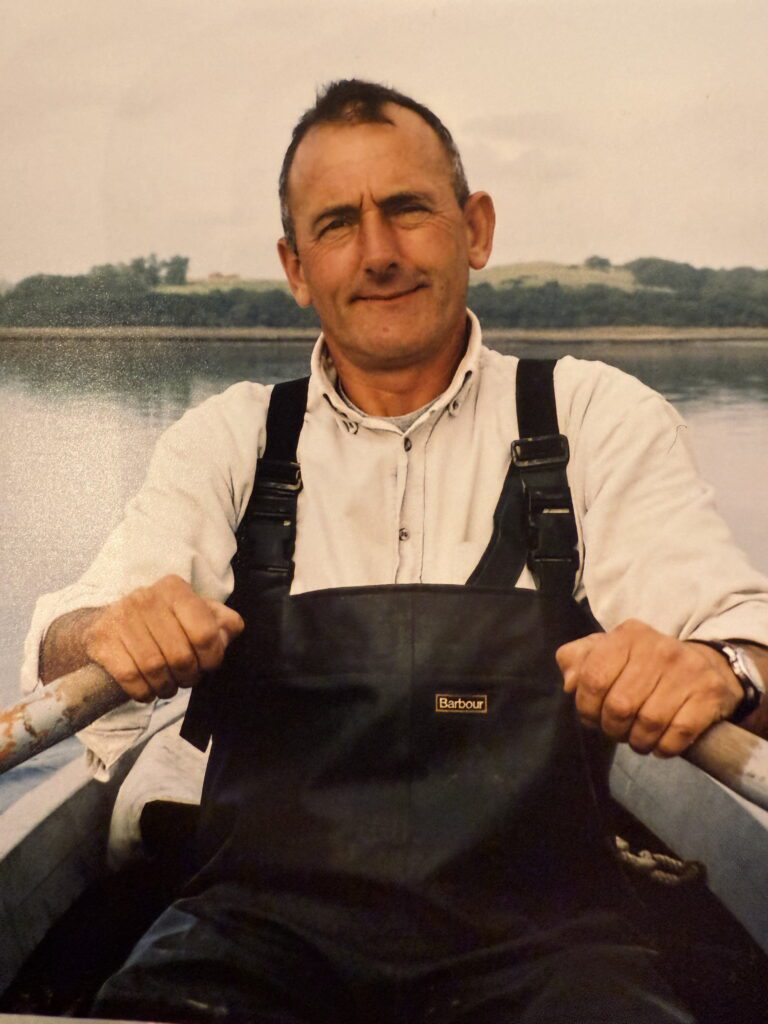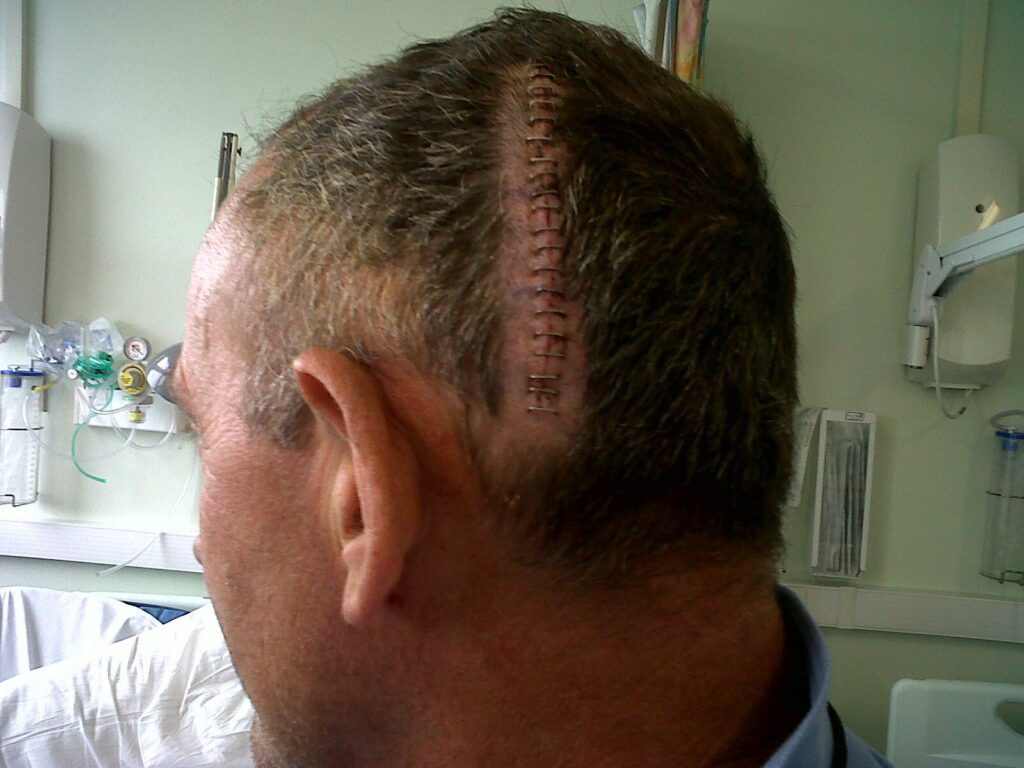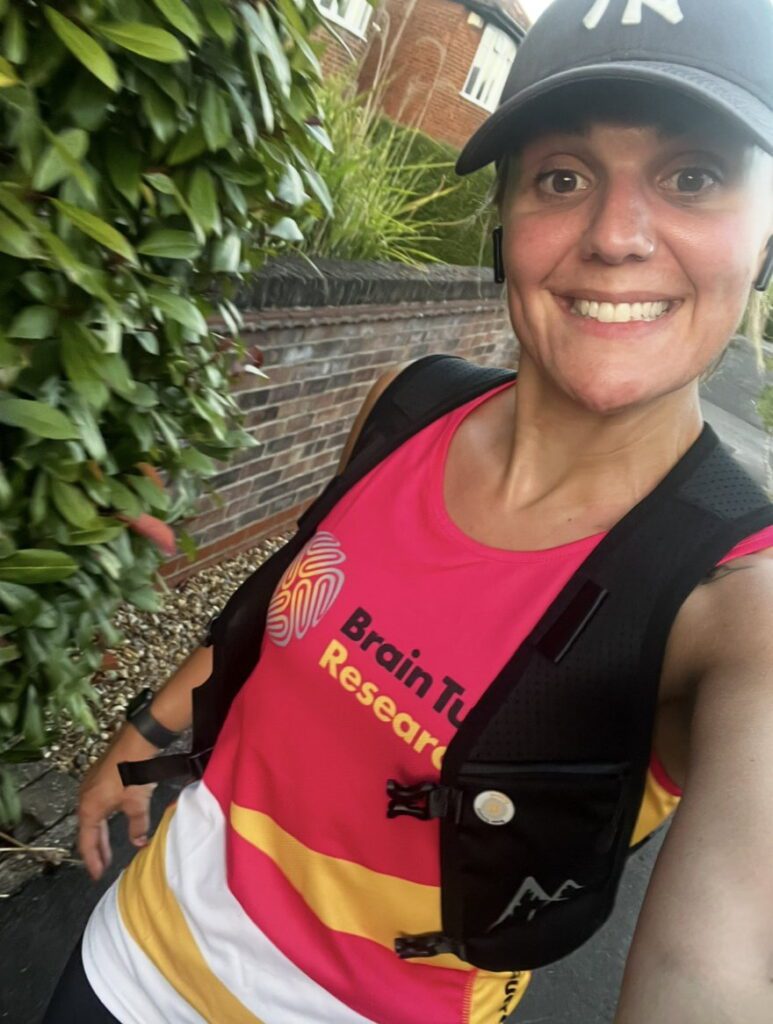A dad’s cancerous brain tumour symptoms were dismissed as stress by a GP who even accused him of “faking.”
Stephen Blakeston, 53 when he died, began experiencing troubling symptoms in October 2010, including jumbled speech, severe headaches, and distress, which were completely out of character for him.
But a CT scan later revealed a glioblastoma – an aggressive brain tumour which leaves sufferers with a typical lifespan of 12-18 months.
But Stephen, a former council grounds worker, died suddenly on 13 July 2011.

Daughter Hollie Rhodes, 37, a PE teacher and mum-of-two from Hull, is running the London Marathon in his memory, to raise money for Brain Tumour Research.
She said: “In October 2010, Mum called me saying he was jumbling up his sentences and not making any sense. He also had a massive headache and was really distressed, which wasn’t like him at all.
“I couldn’t believe it when we visited the GP, who dismissed his symptoms as stress-related and even said he was faking, something I know my dad wouldn’t do.
“It was a CT scan at Hull Royal Infirmary that showed he wasn’t faking anything. The scan found a tumour growing on the left side of his brain, affecting his speech.
“He had surgery the next week, which was successful, but the biopsy confirmed our worst fear – it was incurable and cancerous.”

Stephen, survived by his wife, Elaine, daughters Hollie and Lauren, and five grandchildren, underwent one round of intensive radiotherapy and two rounds of chemotherapy to halt the tumour’s growth.
Despite experiencing fatigue, his mood remained positive, his family say, and scans showed no signs of further tumour regrowth.
But he died after collapsing at home, after a blood clot travelled to his heart – related to his treatment or the tumour.
“Dad walked to my sister’s room and barely got through the door when he collapsed.” Hollie said.
“We called an ambulance but unfortunately paramedics couldn’t save him, and they told us after about 20 minutes of fighting that he didn’t make it, and he died on her bedroom floor.
“It was so traumatic and unexpected.
“Although his brain scans were clear, a blood clot was found on his heart, which we’re not sure if it formed because of his treatment or the tumour.
“It was horrible for us to lose him so suddenly, but there is some comfort in knowing it was quick and likely the way he would have wanted to go. I’ll always miss hearing his laugh.”

Brain tumours can affect anyone at any age, and kill more men under 70 than prostate cancer.
Around 12,000 people are diagnosed with a primary brain tumour each year in the UK.
Hollie, who is head of PE at a sixth form college, added: “I have personally known three people impacted by brain tumours: my dad, my oldest friend’s little boy, Roux, and another friend’s sister who died after her brain cancer metastasised from breast cancer.
“The current level of funding for research is just not enough.
“It’s the biggest cancer killer of children and adults under 40, so it should absolutely be a priority to stop these deaths. It almost feels like people view brain tumours as a final prognosis. That whole narrative needs to change because more funding in research would bring hope to those impacted.”
Hollie is balancing work, family life, and a rigorous training schedule as she prepares for the iconic 26.2-mile course.

Inspired by memories of her father, she is determined to complete the challenge and raise awareness for Brain Tumour Research.
“Running is definitely not my forte; my colleagues with tell you that and say I’m forced to do it in my work role,” she said.
“On the day, I’ll be thinking of my dad and how he never got to meet his grandchildren, who he would have adored, with Blake, my eldest, named after him.
“Remembering his struggles and how a cure could have kept him with us gives me the strength to keep going. Four or five hours of running is nothing compared to what dad and so many others endure. I’ll remind myself to push through and do this for them.
“Dad was such a hilarious character with a wicked sense of humour. He was always supportive of my sister, Lauren, and me in everything we did.”
Carol Robertson, national events manager at Brain Tumour Research, said: “We’re so grateful to Hollie for taking on this incredible challenge in memory of her dad. Her determination and courage are truly inspiring. Every step she takes in the marathon will help us raise awareness and much-needed funds for vital research into brain tumours. We’ll be cheering her on in April.”
To support Hollie’s London Marathon fundraiser, visit: https://www.justgiving.com/page/runhollierun


